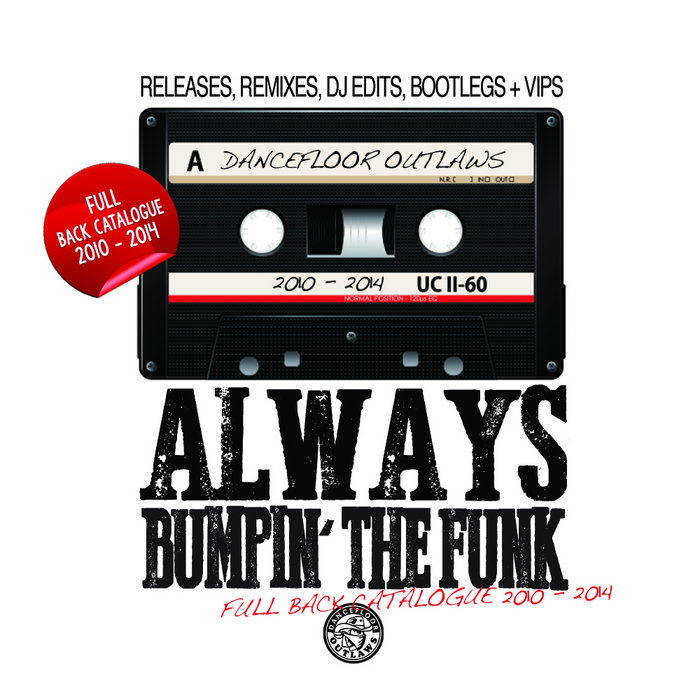
Always Bumpin' The Funk | 2010 – 2014 – Dancefloor Outlaws
this blog is GROOVY – check out great Soul, Funk, Jazz, Hip Hop, Bass, Breaks , Reggae, House n many more TUNES
Outlaw music, baby! We’re diving into the wild and rebellious world of this genre that’s all about breaking rules, living free, and embracing that classic bad-boy (or bad-girl) spirit. So roll up your sleeves, grab a cold drink, and let’s ride through the history of outlaw music!
Outlaw music isn’t just a catchy label; it’s a full-blown lifestyle! Originating primarily in the country genre during the late 1960s and early 1970s, outlaw music represents artists who pushed back against the polished Nashville sound. Artists like Willie Nelson, Waylon Jennings, Johnny Cash—these folks wore their rough edges with pride. They sang about real-life struggles: love gone wrong, hard livin’, whiskey-drunk nights—and let me tell ya’, they did it with a unique flair.
The seeds of outlaw music were sown long before it officially kicked off as a genre. Think rock ‘n’ roll influences from Elvis Presley to Chuck Berry—the sounds swirling around were ripe for rebellion. Country had its roots in storytelling folk traditions but was getting heavily commercialized by slick producers in big studios. Enter our heroes or should we say antiheroes?
Waylon Jennings was one rebel who paved the way alongside his buddy Willie Nelson. In fact:
Willie once got kicked out of Nashville for refusing to cut his hair! He said he’d rather go broke than trim those iconic braids.
Waylon made waves by going against record labels when he recorded “Honky Tonk Heroes” on his own terms—a move that had everyone chanting “You go!” from their barstools.
This wasn’t just about making good tunes; these guys wanted authenticity over artificiality.
As we cruised into the ’70s, this outlaw wave started gaining traction across radio stations and stages everywhere—from smoky bars to massive festivals.
Johnny Cash: A legend with an edge! Did you know he once tried to propose marriage to June Carter while she was performing live? Talk about getting carried away!
Kris Kristofferson: Before writing hits like “Me and Bobby McGee,” Kris was serving as a helicopter pilot for the Army. He even landed one on Johnny Cash’s front lawn—just because why not?
Merle Haggard: Spent some time behind bars after being nabbed for robbery; however, instead of hiding in shame, he turned those experiences into chart-topping songs! Now that’s taking your life lessons seriously!
Tanya Tucker: This gal burst onto the scene at just 13 years old with her hit “Delta Dawn.” And rumor has it she would sneak backstage wearing disguises to meet fellow musicians when she was still underage!
These jokers took risks both onstage and off—it added character not only to their lives but also enriched their lyrics.
Fast forward through time until now—outlaw-inspired sounds have evolved but remain deeply rooted in honesty and grit regardless of changes in style or technology.
Artists such as Sturgill Simpson or Chris Stapleton are carrying that torch today; merging genres like blues-rock or Americana while infusing tales from everyday life peppered with humor—thankfully NOT taking themselves too seriously either!
Sturgill Simpson once showed up at a wedding gig wearing flip-flops—they ended up playing barefoot after pledging they wouldn’t take any pay unless people danced!
Chris Stapleton keeps things fresh by covering crazy songs—even Taylor Swift’s “No Body No Crime”—and turns them upside down into something gritty yet soulful!
Outlaw music is more than sounds – it’s an attitude fueled by freedom-loving individuals who refuse conformity every chance they get! Filled with stories tinged from laughter amidst heartbreaks—that’s what makes this genre eternal.
So next time you’re enjoying some tunes from these renegades remember: They’re not just strumming guitars—they’re strumming heartstrings dripping with good ol’ American swagger combined hilariously zany tales along the way.
Whether you’re dancing at home alone or throwing back shots at karaoke night singing “Ring Of Fire,” embrace your inner outlaw! Keep rocking steady because that’s how legends are made…and we’re all part of this musical revolution together—you dig?

Always Bumpin' The Funk | 2010 – 2014 – Dancefloor Outlaws